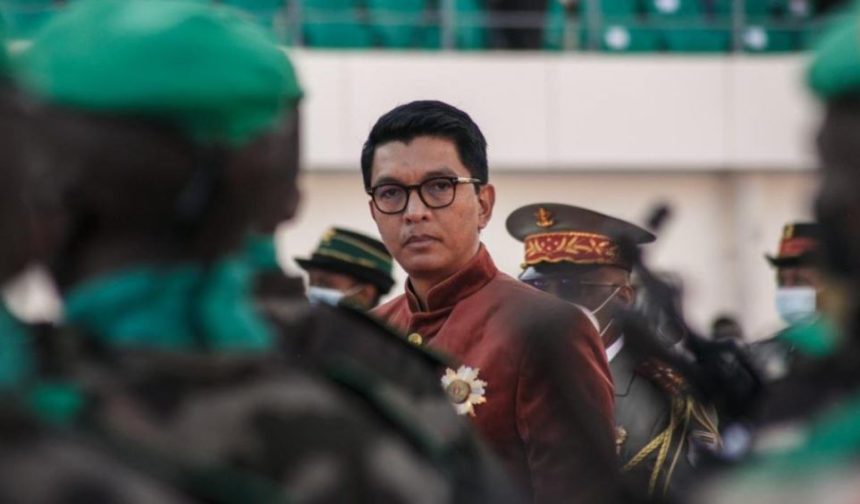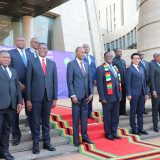The prime minister, a supporter of President Andry Rajoelina, was appointed in the lead-up to a presidential election, and opposition parties in Madagascar have blasted what they call a “institutional coup”
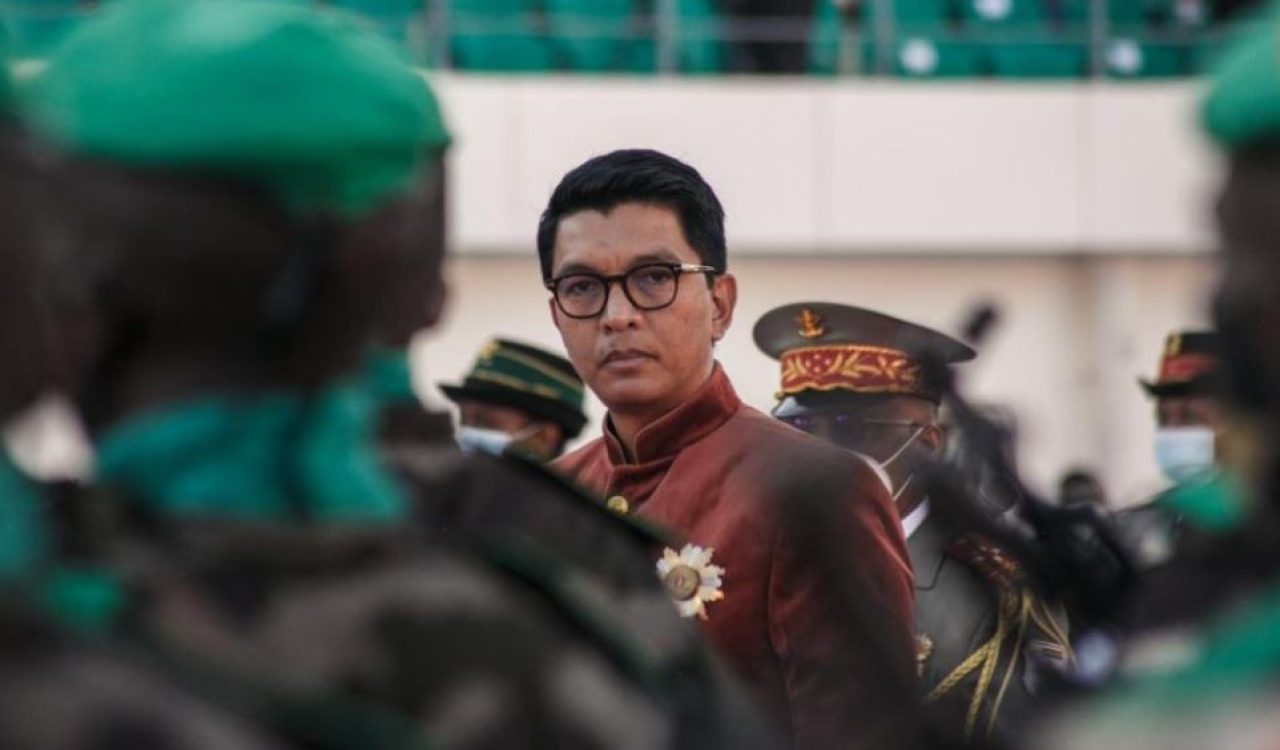
10 of the 13 presidential candidates claimed in a letter to the electoral authorities that Rajoelina and his cronies had dictated the court decisions that gave Christian Ntsay control of the island in the Indian Ocean in order to help the president in the November election.
“The powers (that be)… carried out a real institutional coup with the aim of putting the Prime Minister in charge of the state during the presidential electoral period in order to manipulate the results for the benefit of their candidate,” the signatories, including two former presidents, wrote.

On November 9, voters in Madagascar, one of the world’s poorest nations despite having abundant natural resources, go to the polls to choose a new president.
Rajoelina, 49, submitted his resignation on Saturday in accordance with the law so that he may seek reelection.
The role was meant to be taken over by the President of the Senate, but he rejected for “personal reasons,” leaving a “collegial government” led by Ntsay in charge.
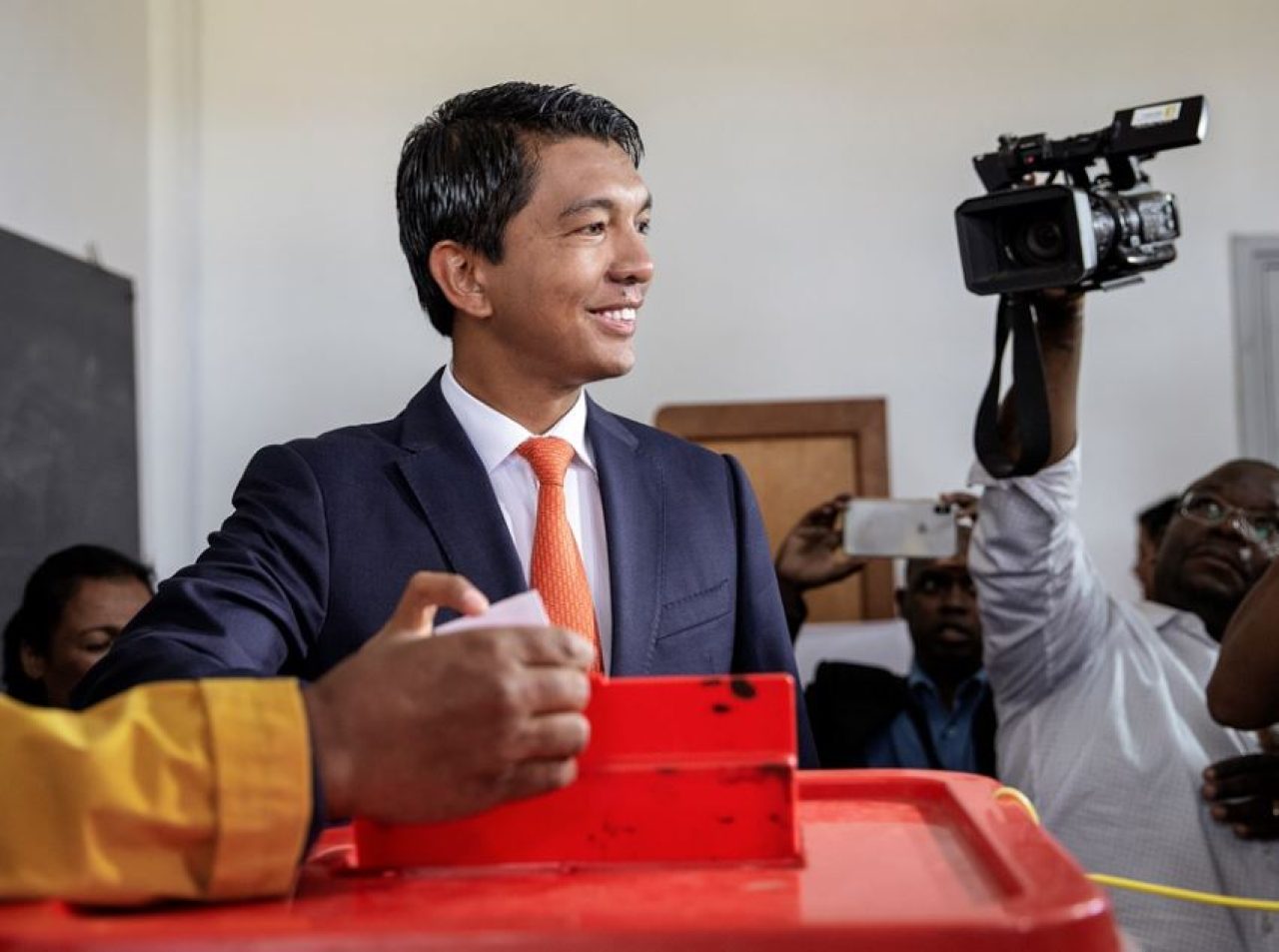
The opposition was incensed by the decision, which was upheld by the nation’s highest court, which over the weekend also rejected requests to have Rajoelina’s candidature ruled invalid due to his dual French citizenship.
“The renunciation made by the President of the Senate is not provided for anywhere in the Constitution,” the letter read.
The head of the Constitutional Court dismissed accusations of bias.
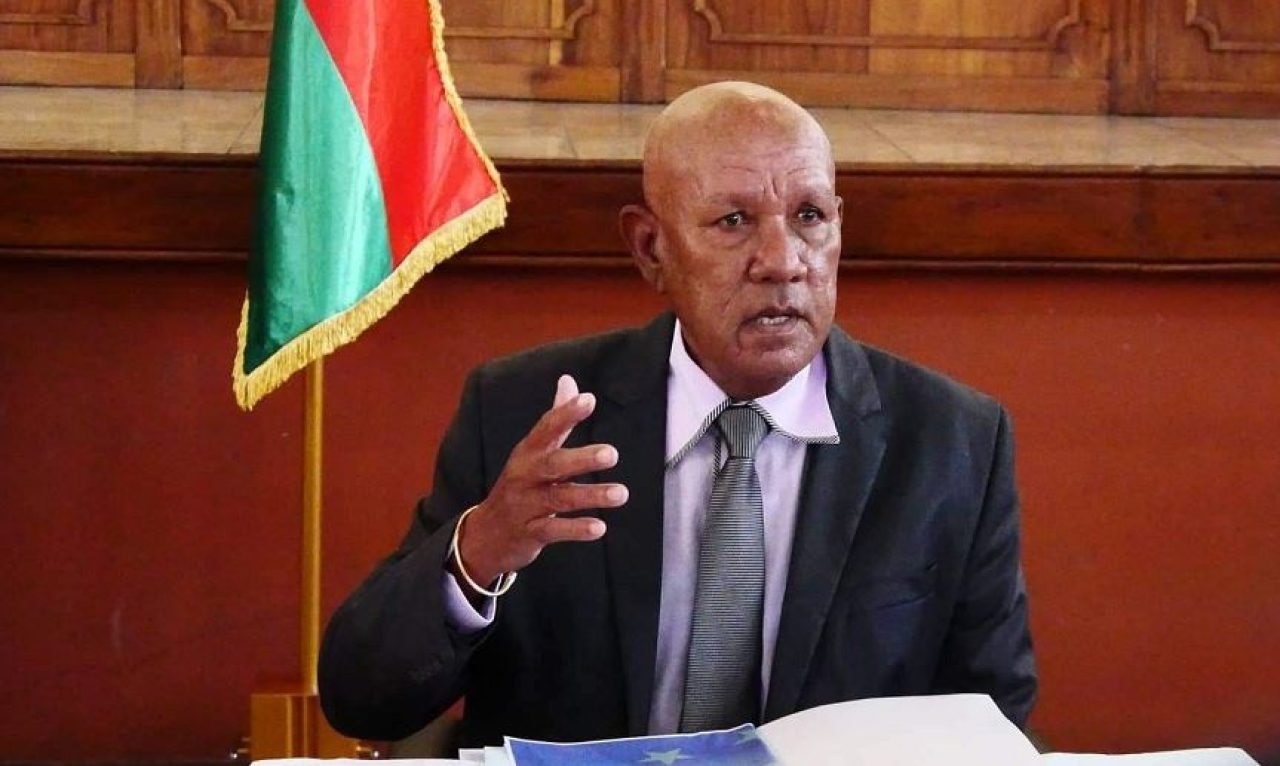
“The President of the Senate renounced the office. We cannot force him to take the reins of power,” Florent Rakotoarisoa told AFP, adding the decision was lawful and aimed to “ensure the continuity of the State”.
The court also denied three opposition parties’ requests to have Rajoelina’s name removed from the ballot because it was “unreceivable” on Saturday.
According to media sources from June, Rajoelina became a French citizen in 2014.
He might no longer be able to lead the nation and seek public office as a result, according to local law.
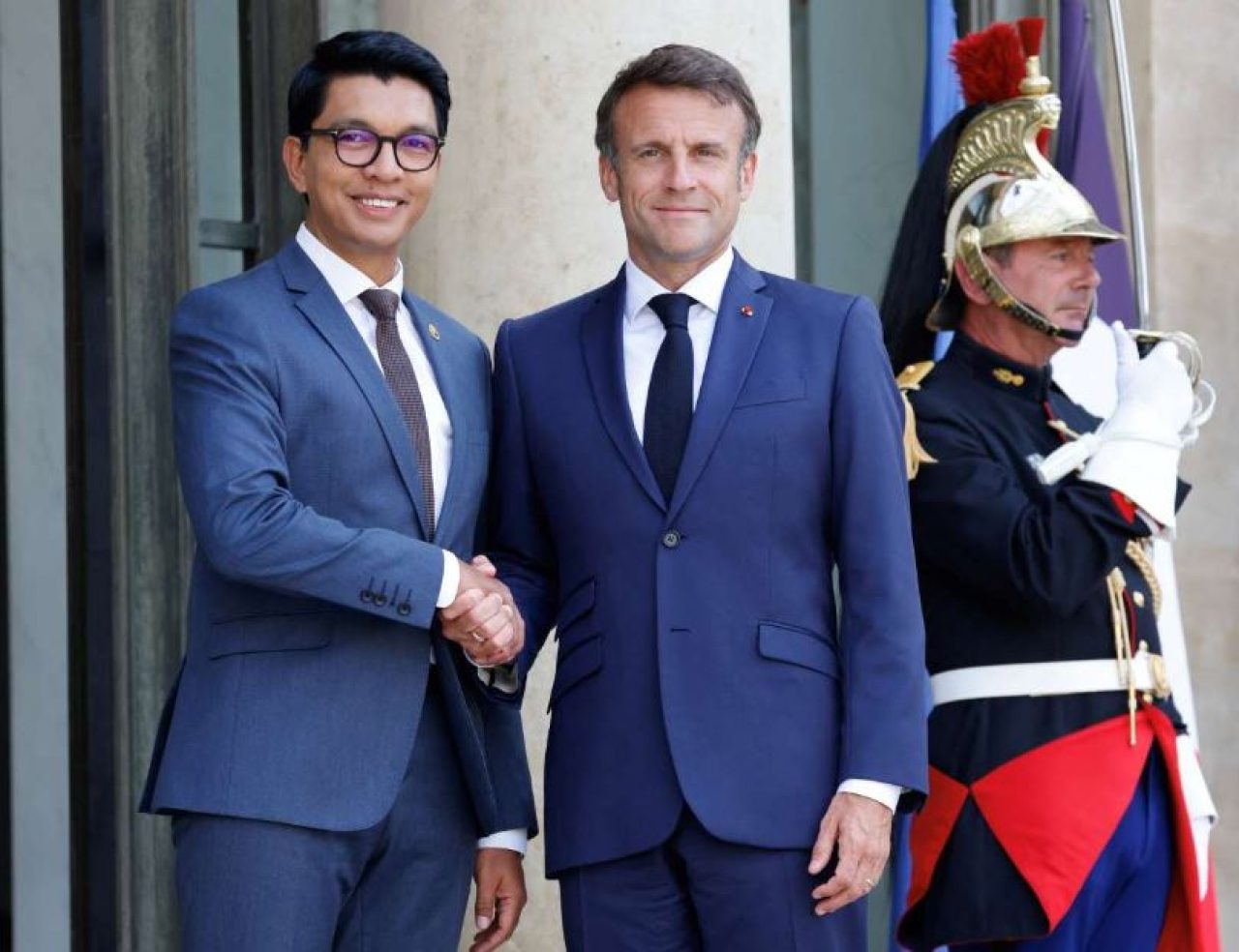
The ruling party vehemently contested this version of events.
Rajoelina held a huge campaign kickoff in a stadium in the capital last week instead of waiting for the court decision to declare his candidature.
He originally came to power in 2009 after the overthrow of former president Marc Ravalomanana, who is seeking for office again in November.
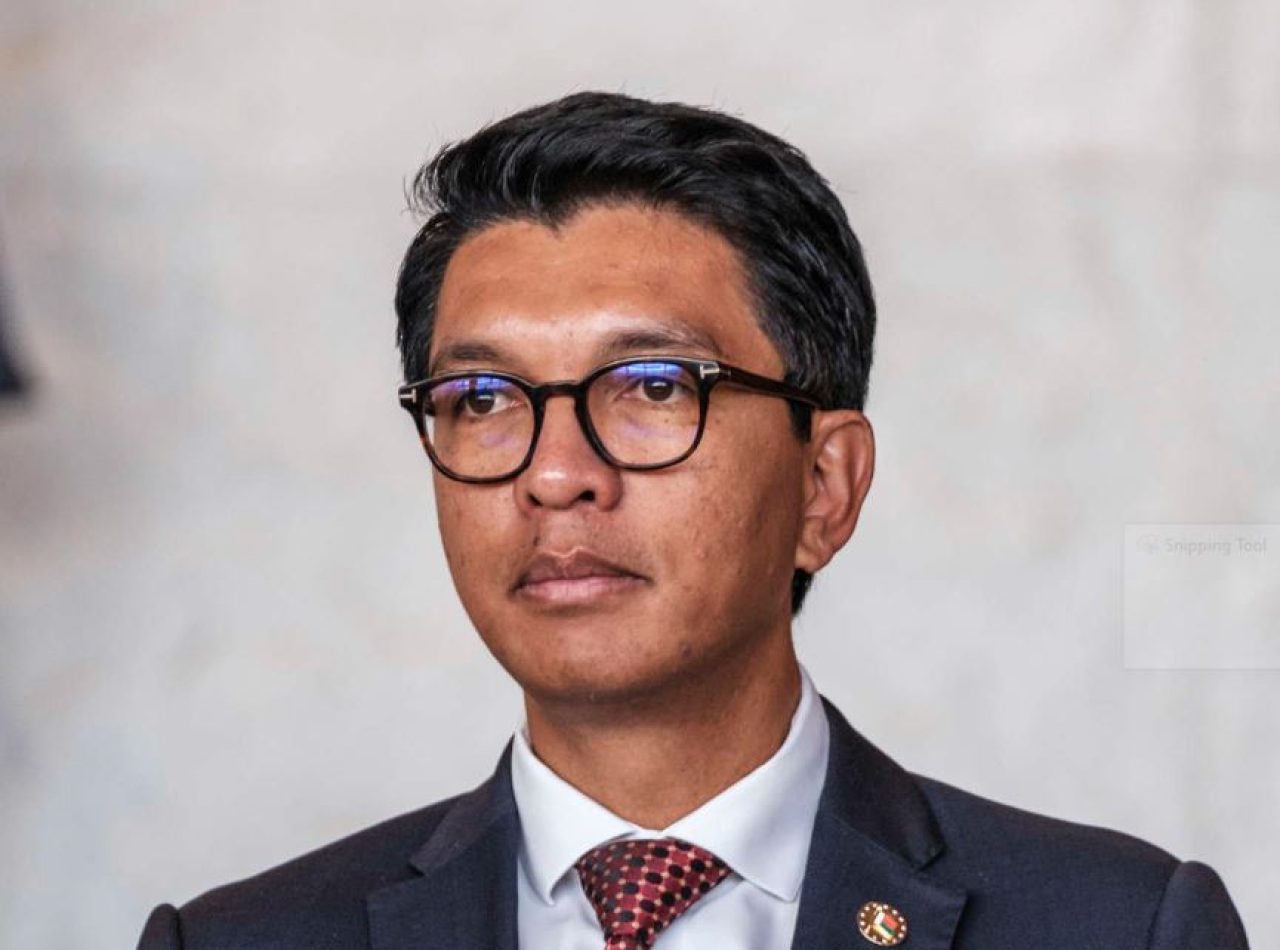
Rajoelina was voted back into office in 2018 after refraining from running in the 2013 election under pressure from the international community.
The Constitutional Court decisions, according to Eleonore Johasy, national coordinator for Auguste Paraina’s presidential campaign, were “taken at odd hours, so that there would be no chance to oppose them.”
The confidence is waning. The various shenanigans and machinations do not foster confidence in the various authorities, she told AFP..
